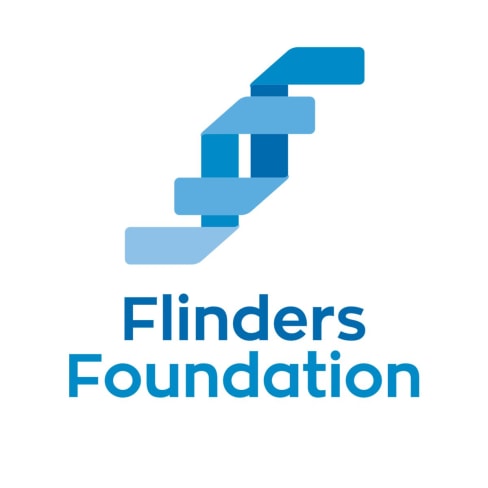“The thing about cancer is that it just keeps on giving. You’re never really free of it. I know I’ve done the hard stuff. I’ve ticked off surgery, chemotherapy, radiotherapy, more surgeries, losing my hair, feeling unwell and the mental exhaustion. I’m in remission now and believe me, I’m so grateful to be here... but there’s always going to be more. You’re always on alert, there’s always surveillance and check-ups... and for me there’s also lymphedema. It just means I can’t ever completely move on.”
Diagnosed with breast cancer in 2020, Joanne endured multiple surgeries, including double mastectomy and removal of lymph nodes, as well as chemotherapy and radiotherapy.
While pleasingly she’s now in remission, Joanne is one of an unfortunate number of patients who go on to develop breast cancer-related lymphoedema, which occurs when lymph nodes are removed or damaged during cancer surgery or radiotherapy.
The condition causes swelling and discomfort in the arm, breast or hand, and can be painful and have wide ranging impacts on quality of life.
“It can be a strange feeling because if feels like my arm isn’t strong enough,” Joanne explains. “I often get pins and needles in my hands and when there’s lots of fluid in my arm it blows up and it’s so heavy it hurts.“I have to be really mindful of my environment and to not do too much. “If I have a shower that’s a bit too hot, or the weather is hot, if really flares up; I can’t do too much housework or bear too much weight; and I can’t wear rings or tight clothes.”
To help ease her lymphoedema symptoms, Joanne has lymphatic massage to help drain fluid build-up and wears a compression garment. But she says it can make her feel self-conscious and serves as another reminder of her cancer. “I’m grateful to be here and I know lymphoedema isn’t the worst thing out of all that I've been through,” Joanne says. “But I refer to it as that final slap in the face because it will always be there...and you just have to live with it.”
Sadly, there is no known cure for lymphoedema. But early diagnosis and treatment make it easier to manage. To help with this, it is recommended that patients have ‘baseline’ measurements of their arm taken before surgery and treatment, and regularly afterwards to detect any changes. This can be done using a SOZO machine which gives a precise snapshot of tissue composition and fluid build-up in the limb.
You can help bring a SOZO machine to the Breast and Endocrine Clinic at Flinders, so many of the 7,500 patients who visit the clinic each year - with either a new breast cancer diagnosis or for ongoing check-ups - can be monitored for developing breast cancer-related lymphoedema.
This will give patients affected by breast cancer the best chance of detecting lymphoedema early, so treatment can start as soon as possible to stop the condition progressing.
“Lymphoedema can occur any time after surgery, and it may even begin several years after surgery,” explains Amanda Jones, Advanced Nurse Consultant in Flinders Medical Centre’s Breast and Endocrine Clinic. “Often lymphoedema presents right at a time when people are trying to move on from their acute cancer treatment and regain their quality of life, and this can have a huge impact on their emotional wellbeing as well as their physical wellbeing. “This early detection using the SOZO machine allows treatment to begin proactively to potentially slow progression and help reduce long-term physical and functional impacts, including reducing swelling and preventing infections.”

